Which 2016 Android smartphone would you like to find under your tree?
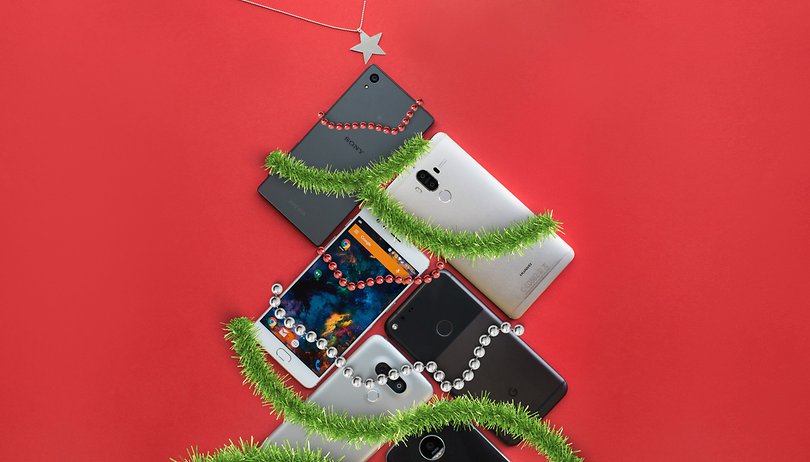

2016 has been a year full of surprises from a mobile technology perspective, twelve crackling months (especially for Samsung!) in which brands tried out do one another in design, features and, occasionally, prices. But as we approach the holiday season we are now asking: which 2016 Android smartphone would you like to find under your Christmas tree?
In the list below you will find the main top-end range phones introduced in 2016 that we tested in the AndroidPIT newsroom. However, if your top pick for the best 2016 Android smartphone didn't make the list, let us know.
Google Pixel
Google Pixel made its official debut in October, but it didn't offer too many surprises in terms of the originality of its design (which is excellent). Instead, it offered a pure Android experience with an excellent integrated camera, good general performance and the useful possibility of being able to save an unlimited number of photos in Cloud. It is unique, at least for the time being, with the inclusion of Pixel Launcher, Assistant and Android 7.1 Nougat. Among the drawbacks are the lack of the IP 67 certification and a microSD card slot.
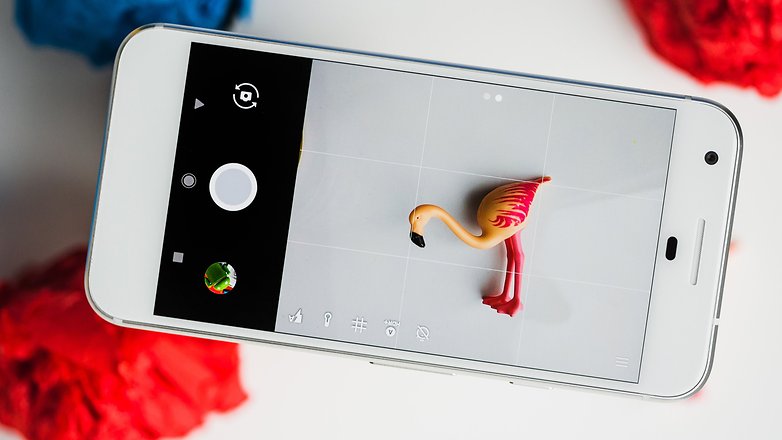
| Display | AMOLED, 5 inch, 1,920 x 1,080 pixel (441 ppi) |
| OS | Android 7.1 Nougat |
| Processor | Snapdragon 821 |
| RAM | 4 GB |
| Internal memory | 32 / 128 GB |
| Camera | 12.3 MP (back) / 8 MP (front) |
| Battery | 2,770 mAh |
Google Pixel XL
The Pixel XL is another Google masterpieces for those who like larger smartphones. This device is designed like the Pixel but with larger dimensions, weight, display and resolution (5.5 inch with 1,920 x 1,080 pixels), battery (3,450 mAh instead of 2,770 mAh).
Just like the Pixel, the Pixel XL also surprises with its camera and smooth user experience for dedicated fans of Stock Android.
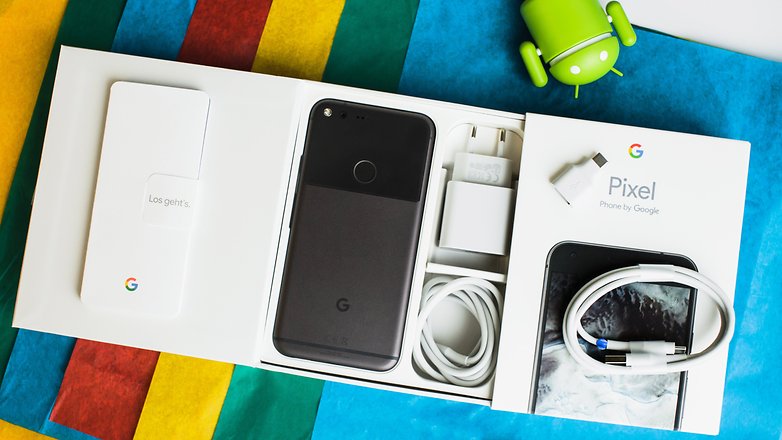
| Display | AMOLED, 5.5 inch, 2,560 x 1,440 pixel (534 ppi) |
| OS | Android 7.1 Nougat |
| Processor | Snapdragon 821 |
| RAM | 4 GB |
| Internal memory | 32 / 128 GB |
| Camera | 12.3 MP (back) / 8 MP (front) |
| Battery | 3,450 mAh |
Samsung Galaxy S7
Officially released on February 21 2016 during MWC in Barcelona, the S7 shows the brand’s will to improve on its previous generations by listening to its users. In addition to presenting an elegant design and a flawless build, the Galaxy S7 integrates IP67 certification and an SD card support, both of which were included in the Galaxy S5 but removed from the Galaxy S6. The Galaxy S7 is a very nice device to look at, comfortable to hold and performs well at the same time. Released with Android Marshmallow, it should be updated to Nougat in early 2017. Have a look at our review to get a better idea of the device’s performance.
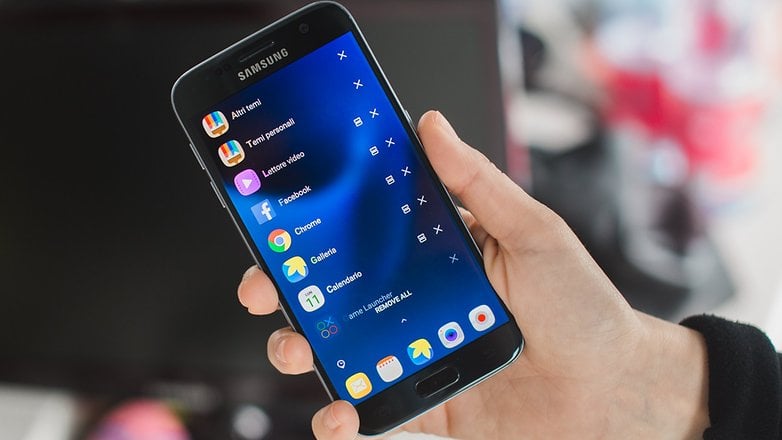
| Display | AMOLED, 5.1 inch, 2,560 x 1,440 pixel (577 ppi) |
| OS | Android 6.0 Marshmallow |
| Processor | Exynos 8,890 / Snapdragon 820 |
| RAM | 4 GB |
| Internal memory | 32 / 64 GB + microSD |
| Camera | 12 MP (back) / 5 MP (front) |
| Battery | 3,000 mAh |
Samsung Galaxy S7 Edge
The Galaxy S7 Edge is different from the flat version, mainly because of its curved display. First introduced on the Galaxy S6 Edge in 2015, this feature has now been optimized: there are currently two lateral columns available to manage sites, contacts and your favorite apps. The edges perform at their best when you are using the device for games and videos, and help make the device very ergonomic.
In addition to the curved edges which differentiate it from the S7, there are also the dimensions of its display (0.3 inch larger) and the battery (3,600 mAh rather than 3,000 mAh).
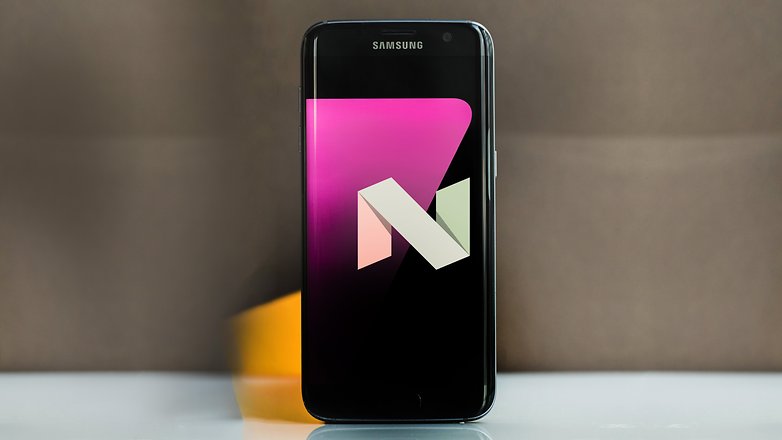
| Display | AMOLED, 5,5 pollici, 2,560 x 1,440 pixel (534 ppi) |
| OS | Android 6.0 Marshmallow |
| Processor | Exynos 8,890 / Snapdragon 820 |
| RAM | 4 GB |
| Internal memory | 32 / 64 GB + microSD |
| Camera | 12 MP (back) / 5 MP (front) |
| Battery | 3600 mAh |
OnePlus 3 / OnePlus 3T
OnePlus released the OnePlus 3 in June and within a period five months already decided to substitute it with the OnePlus 3T. The two devices are both identical in terms of design and also, on their technical specifications, there is not much difference - that's why we decided to treat both as one alternative. The latter has an optimized processor (Snapdragon 821), front camera (moving from 8 MP to 16 MP) and a 3,400 mAh battery (compared to its predecessor’s 3,000 mAh). Both will receive an update to Nougat in December, and will offer a user experience quite similar to that of Android stock.
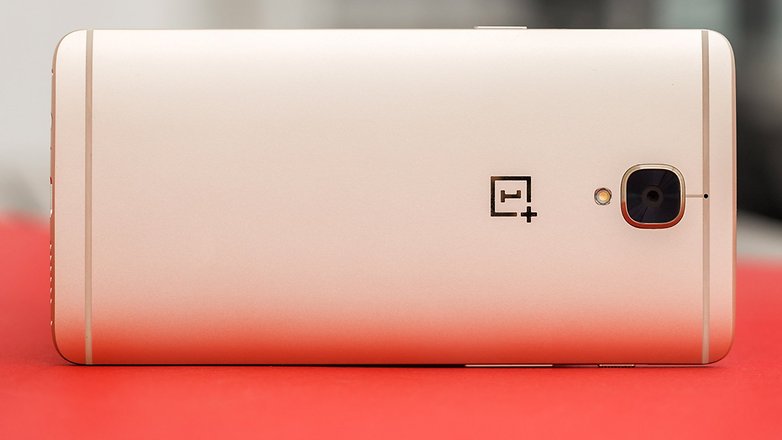
| Display | AMOLED, 5,5 inch, 1,920 x 1,080 pixel (401 ppi) |
| OS | Android 6.0.1 Marshmallow |
| Processor | Snapdragon 820 - Snapdragon 821 |
| RAM | 6 GB |
| Internal Memory | 64 GB |
| Camera | 16 MP (back) / 8 MP (front) - 16 MP (back) / 16 MP (front) |
| Battery | 3,000 mAh |
Huawei P9
In April, Huawei introduced the P9. The signature feature for this device is the main dual-camera, developed in collaboration with Leica which provided the 27 mm SUMMARIT lens. The Sony sensors, a RGB and a monocromo, all guarantee good, clear and detailed shots. The P9 also offers an elegant design and a good battery life. Released with Marshmallow, it will be updated to Nougat in 2017. Among its drawbacks is the absence of the IP67 certification and, for some users, an interface which is very similar to the iOS. In this case, its all a matter of personal taste.
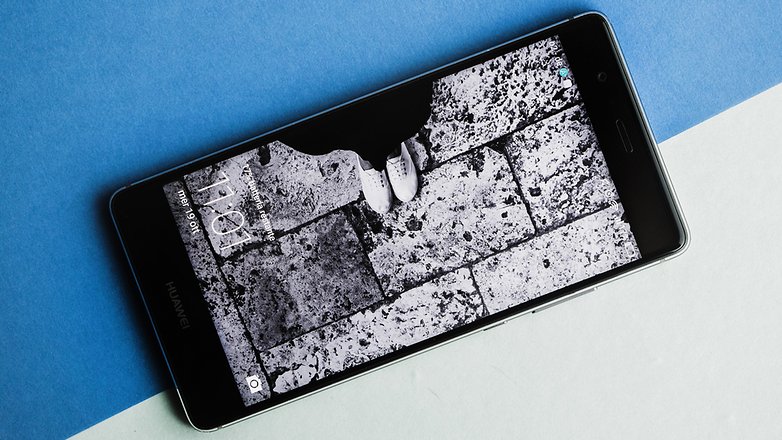
| Display | IPS, 5.2 inch, 1,920 x 1,080 pixel (424 ppi) |
| OS | Android 6.0 Marshmallow |
| Processor | Kirin 955 |
| RAM | 3 GB |
| Internal Memory | 32 GB + microSD |
| Camera | dual camera 12 MP (back) / 8 MP (front) |
| Battery | 3,000 mAh |
Huawei P9 Plus
If you are a fan of the larger sized devices, the P9 Plus may be just the smartphone for you. In comparison to the standard version, it has a 5.5-inch display, a 3,400 mAh battery, a bigger memory space (4 GB of RAM alongside 64 GB of storage) and the Press Touch technology. This is the device’s characteristic feature which, noting the different levels of pressure on the display, will give you access to its different functions.
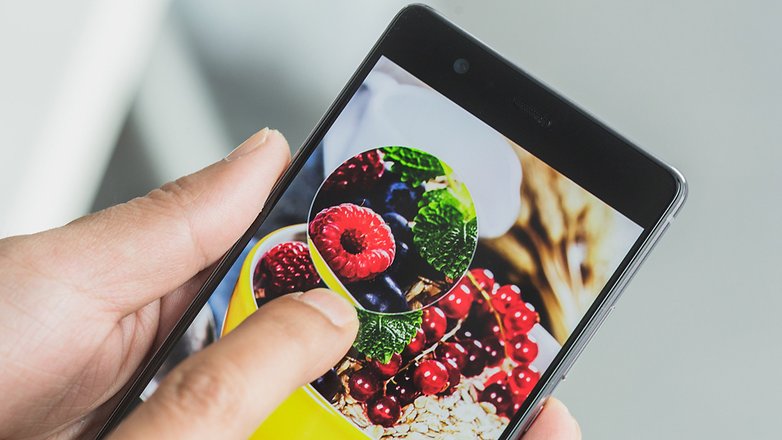
| Display | IPS, 5.5 inch, 1,920 x 1,080 pixel (401 ppi) + press Touch |
| OS | Android 6.0 Marshmallow |
| Processor | Kirin 955 |
| RAM | 4 GB |
| Internal memory | 64 GB + microSD |
| Camera | dual camera 12 MP (back) / 8MP (front) |
| Battery | 3,400 mAh |
Huawei Mate 9
This is the latest jewel to be introduced by Huawei, having been released on November 3. The Mate 9 offers high-level performance, good battery life, good shots, and all of this without renouncing its solid, ergonomic and metal unibody. This device is appropriate for fans of phablet (the display offers a 5.9 inch diagonal) and runs natively on Android 7.0 Nougat supported by EMUI 5.
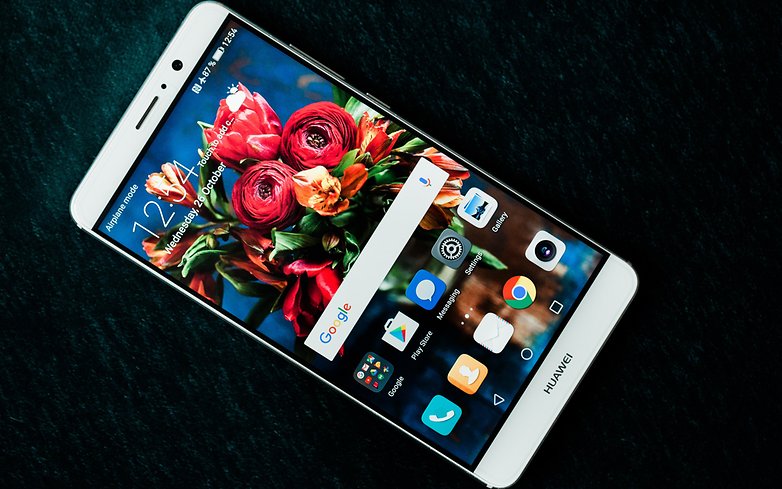
| Display | IPS, 5.9 inch, 1,920 x 1,080 pixel (373 ppi) |
| OS | Android 7.0 Nougat |
| Processor | Kirin 960 |
| RAM | 4 GB |
| Internal memory | 64 GB + microSD |
| Camera | dual camera 12-20 PM (back) / 8 MP (front) |
| Battery | 4,000 mAh |
HTC 10
HTC has also given its fans a new device that offers them, as per usual, a complete metal body. The package is excellent, and so are its build and ergonomics. Additionally, the HTC 10 offers excellent performance and provides good shots, including selfies. The audio experience offered by the BoomSound speaker and the update of the program to Nougat also make this smartphone one to be considered.
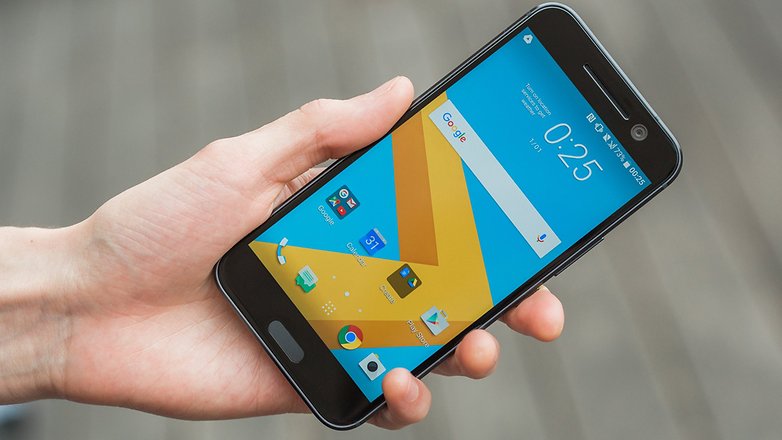
| Display | LCD, 5.2 inch, 2,560 x 1,440 pixel (565 ppi) |
| OS | Android 6.0.1 Marshmallow |
| Processor | Snapdragon 820 |
| RAM | 4 GB |
| Internal memory | 32 / 64 GB + microSD |
| Camera | 12 MP (back) / 5 MP (front) |
| Battery | 3,000 mAh |
LG G5
The G5 offers a metal unibody (a novelty with respect to the previous generation), bloatware-free software, a removable battery and the possibility of using modules specifically for camera and audio optimization. The modular system is not yet mature and has not won over many users, but the G5 is still an excellent device which has already received a Nougat update.
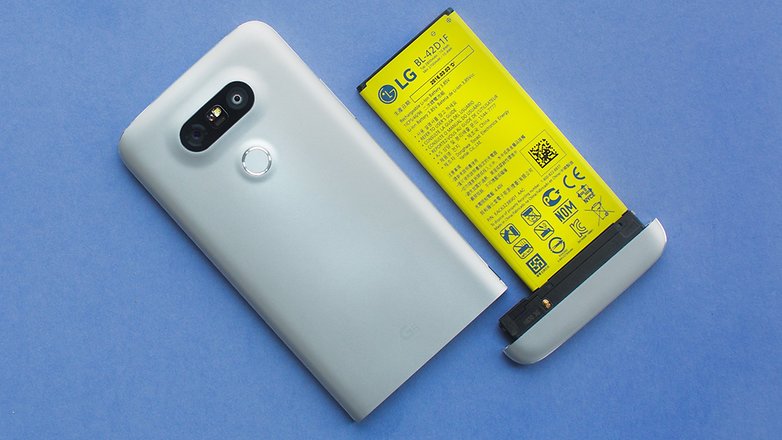
| Display | LCD, 5.3 inch, 2,560 x 1,440 pixel (554 ppi) |
| OS | Android 6.0.1 Marshmallow |
| Processor | Snapdragon 820 |
| RAM | 4 GB |
| Internal memory | 32 GB + microSD |
| Camera | dual camera 16 PM (back) / 8MP (front) |
| Battery | 2,800 mAh |
LG V20
We have thoroughly tested LG’s most recent high-end range, and we think it has earned 4 gold stars. In addition to it being the first device with natively integrated Nougat, the V20 offers excellent performance without giving up its removable battery, now an endangered feature but still important for many users. Another noteworthy feature is the audio experience, with all due thanks going to the integrated 32 bit quad DAC chip. As on the V10, you can also find the dual-display.
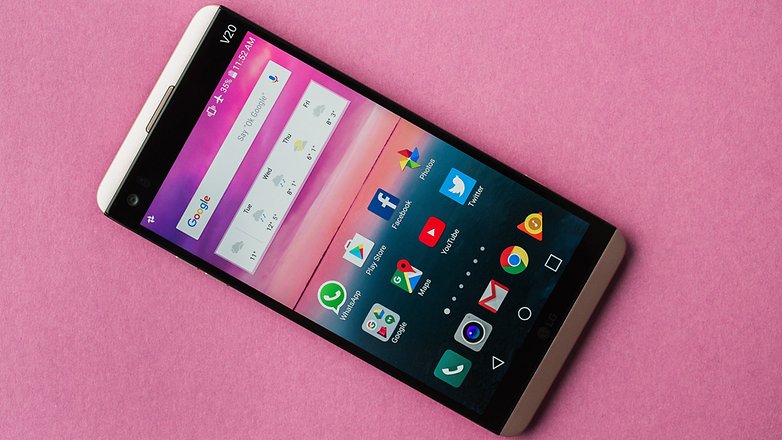
| Display | LCD, 5.7 inch, 2,560 x 1,440 pixel (5151 ppi) |
| OS | Android 7.0 Nougat |
| Processor | Snapdragon 820 |
| RAM | 4 GB |
| Internal memory | 64 GB + microSD |
| Camera | 16 MP (back) / 5 MP (front) |
| Battery | 3,200 mAh |
Sony Xperia XZ
The Sony Xperia XZ offers slightly rounded edges and a flawless package. The strength of this high-end range is its 5.2 inch Full HD resolution display, which is more than the Galaxy S7, and it consistently performs well during daily use.
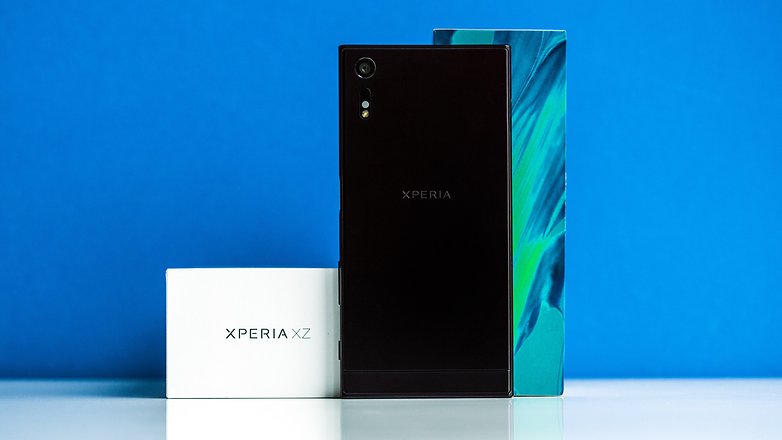
| Display | LCD, 5.5 inch, 1,920 x 1,080 pixel (424 ppi) |
| OS | Android Marshmallow |
| Processor | Snapdragon 820 |
| RAM | 3 GB |
| Internal memory | 32 GB + microSD |
| Camera | 23 MP (back) / 13 MP (front) |
| Battery | 2,900 mAh |
Xiaomi Mi 5
Introduced during MWC in Barcelona, the Mi 5 has aimed at being a high-end range device and offers an equally premium body. It provides good performance, even though it is not amazing, for a reasonable price. The main drawbacks is the absence of Google apps, which you will have to install on the device manually.
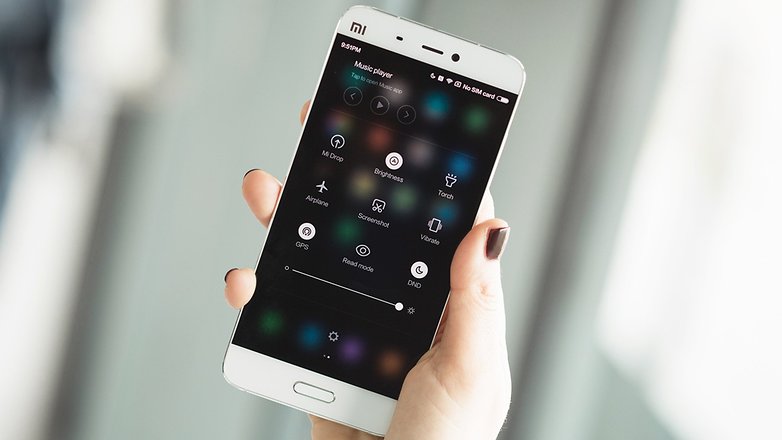
| Display | LCD, 5.16 inch, 1,920 x 1,080 pixel (427 ppi) |
| OS | Android 6.0 Marshmallow |
| Processor | Snapdragon 820 |
| RAM | 3 / 4 GB |
| Internal memory | 32 / 64 / 128 GB |
| Camera | 16 MP (back) / 4 MP (front) |
| Battery | 3,000 mAh |
Moto Z
This is the second modular smartphone on our list. Lenovo has introduced a very detailed, high-end range phone whose main strength is its modular design. With an integrated fast processor and a good display, and offering dual-SIM support and a user experience that can be enhanced by acquiring MotoMods.
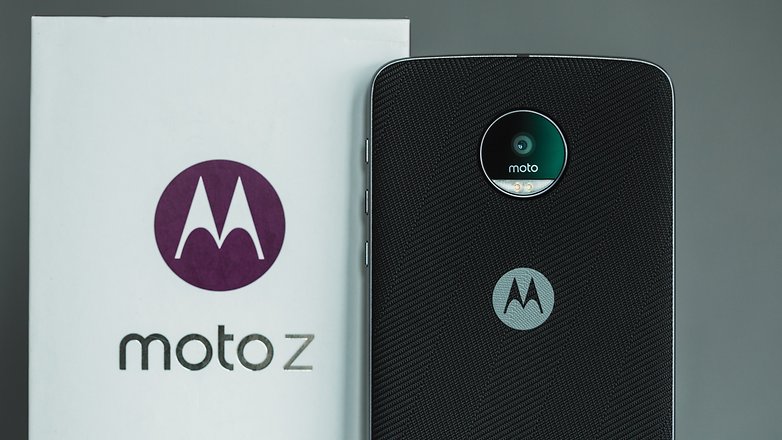
| Display | AMOLED, 5.5 inch, 2,560 x 1,440 pixel (535 ppi) |
| OS | Android 6.0.1 Marshmallow |
| Processor | Snapdragon 820 |
| RAM | 4 GB |
| Internal memory | 64 GB + microSD |
| Camera | 13 MP (back) / 5 MP (front) |
| Battery | 2,600 mAh |
Honor 8
Even the Honor 8 deserves to be mentioned in this ranking, largely because its numbers are not very different from the P9’s. Take it as a sort of bonus but, moreover, the Honor 8 integrates a fast finger print sensor, a bright display, a good battery and good performances overall. All at a very competitive price.
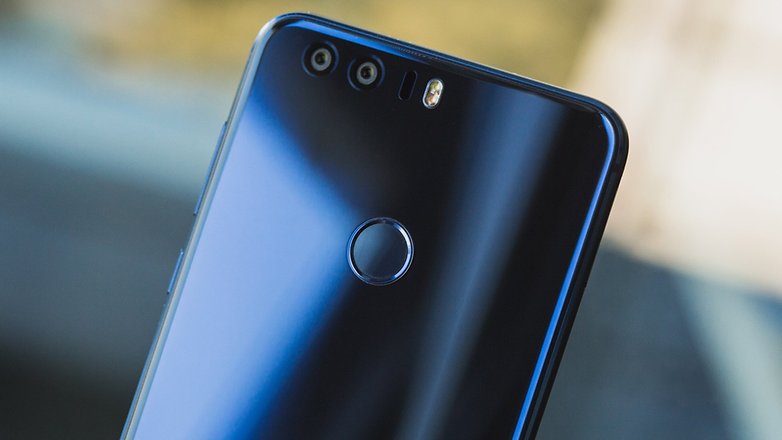
| Display | LCD, 5.2 inch, 1,920 x 1,080 pixel (424 ppi) |
| OS | Android 6.0 Marshmallow |
| Processor | Kirin 950 |
| RAM | 4 GB |
| Internal memory | 32 GB + microSD |
| Camera | dual camera 12 MP (retro) / 8 MP (fronte) |
| Battery | 3,000 mAh |
As specified above, these are only some of the high-end ranges introduced in 2016. Others can be added to the list, for example, even the Asus Zenfone 3 (we are yet to have its final review).
Now, it’s your time to vote! Let us know which Android smartphone released in 2016 you would like to find wrapped up under the tree this Christmas!








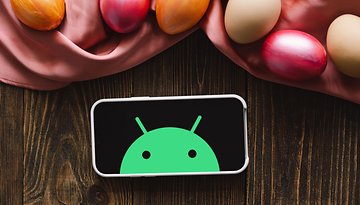

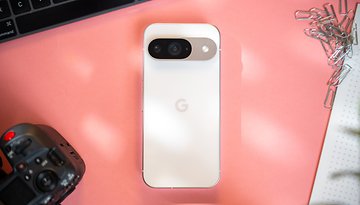
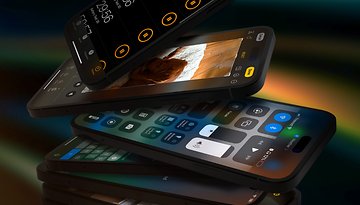
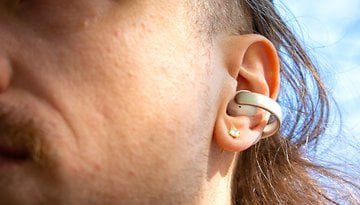

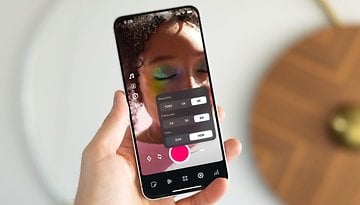
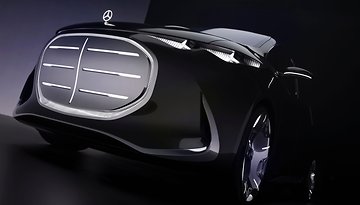
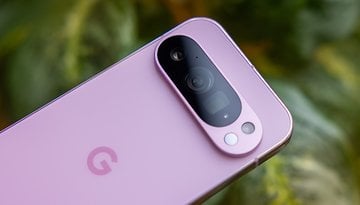
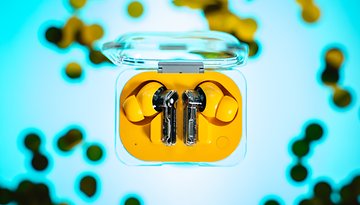


The phone I chose and actually received for xmas was the ZTE Zmax Pro -- not even CLOSE to "high end," it's still slam-packed with excellent features for a fairly budget phone -- 2GB RAM (I'd kill for 4GB, but I have a budget!), 32GB internal storage, octacore for excellent speed, outstanding 1080x1920 6" screen, 3400mAh battery, 13mp main camera with image stabilization, and even the 5mp selfie camera isn't bad at all, and a fingerprint sensor, and it does accept a microSD card, though ZTE removed Android's ability to move apps to the SD card -- with the 32GB internal storage, that's not a huge deal, but ZTE has made a few other modifications to Android which I'm rather less sanguine about. It's also true that the phone is only available thru MetroPCS and possibly also T-Mobile... but for $99, it's very hard to beat this phone. :)
hope the Snap 835 cam keep up with me, tje 820 was a little disapointing for me ncus it was a quad corof. If the Snap 820 was a octacore it would ne the the fastest chip easy. It a qiad core but it holds its on against all of these octacore processor.
The Google Pixel phone Snapdragon 821 even isn't maxed oit to 2.4 ghz. My Galaxy S7 will hit a 145000 to 147000 consistently. The Snapsragon 821 s a gimmick. The next phone im hettin is the Galaxy S8 with the Snapdragon 835 and its n
beats apples A10. The galaxy s7 one the phone of the the year. That iphone 7 came in 4th.tje Galaxy S8 is gonna ne a stunner with some real speed. My Snap 820 can't keep up with me.
Xioami Mi Note 2 Also should be listet here, very strong phone to a superb price
XIAOMI Mi Mix which I received yesterday is Gorgeous and so fast. A bit fiddly to set up but hopefully some other roMs will be available soon.
Do u live in the US, I had a Xiaomi and cracked the screen. No shop would touch it.
Can I just have the Xiaomi Mi 5? Too bad I'm in Nigeria. Such technological delights scarcely find their way to my country via the authorized channels. I'd really love to own it though.
What other phones are you interested in owning?
The LG V20 is a great phone. It is to bad that LG botched the launch so it is off everybody's radar.
The V20 is a great phone! It got a boost from the Note 7 disaster, but is still under appreciated.